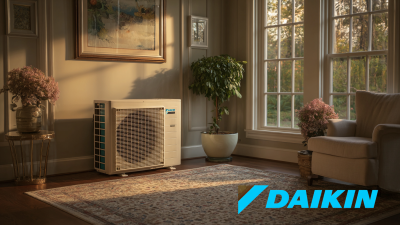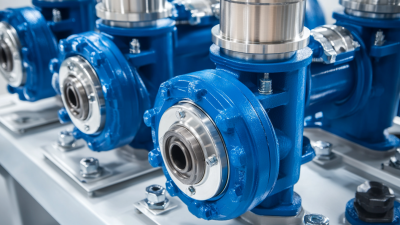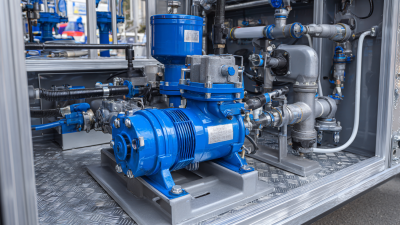


As the world shifts towards more sustainable energy solutions, understanding heat pumps becomes essential for homeowners seeking energy-efficient heating and cooling options. Heat pumps offer a versatile and eco-friendly alternative to traditional HVAC systems, harnessing the ambient air, ground, or water to provide both heating in winter and cooling in summer. With increasing energy costs and a growing awareness of environmental impact, consumers are more motivated than ever to adopt technologies that reduce energy consumption while maximizing comfort. This article aims to provide a comprehensive guide on how to effectively utilize heat pumps in your home, exploring their benefits, installation tips, and maintenance practices to ensure optimal performance. By the end of this guide, readers will gain valuable insights into why heat pumps are not just a trend, but a crucial component of modern energy-efficient living.
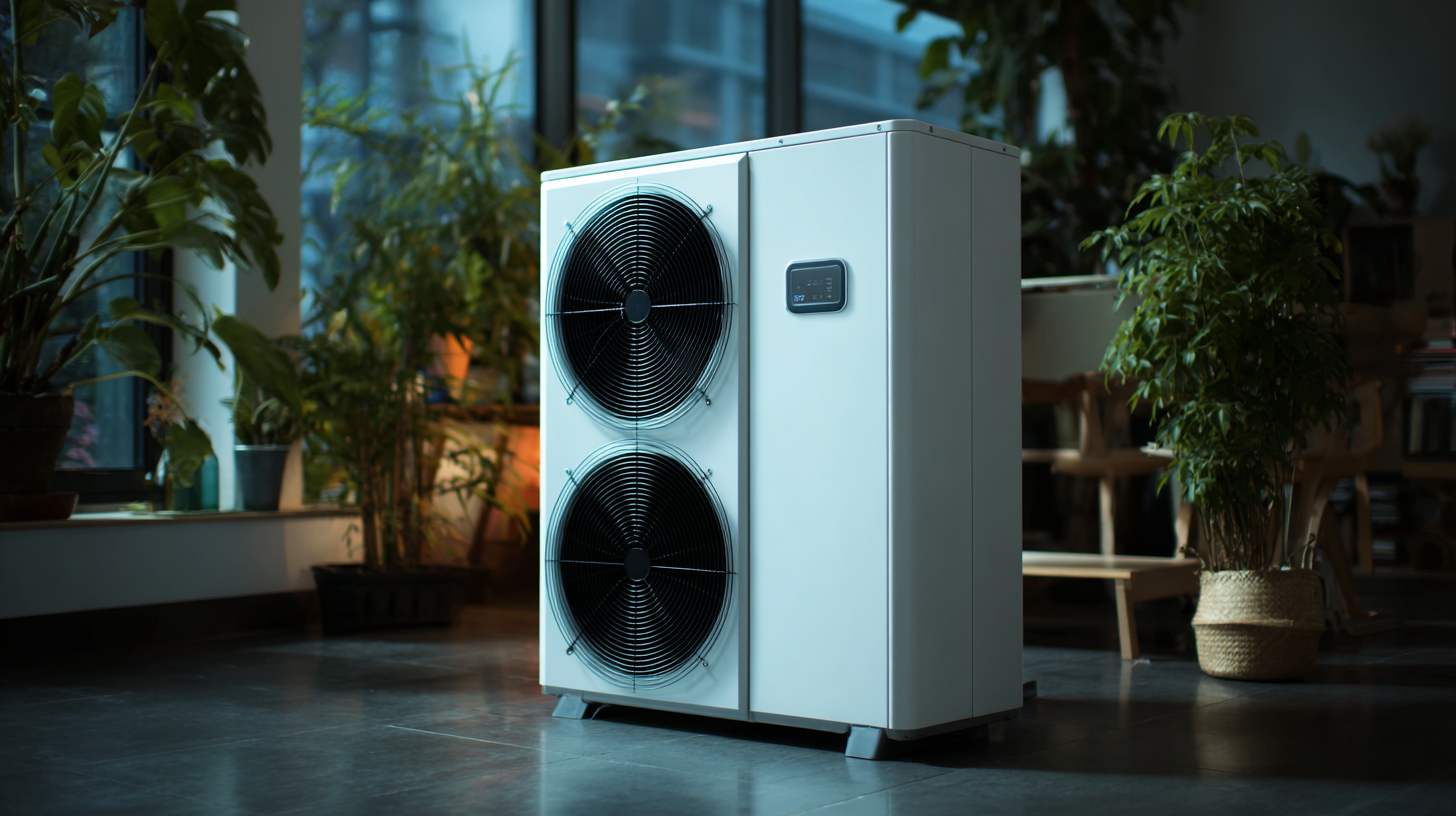
Heat pumps are revolutionizing the way we think about home heating and cooling, leveraging innovative scientific developments to enhance energy efficiency. By utilizing advanced materials and technologies, such as shape-shifting film layers, heat pumps can effectively pump away heat and cool surrounding air, offering localized climate control that is both effective and sustainable. This approach not only minimizes energy consumption but also contributes to a more comfortable living environment.
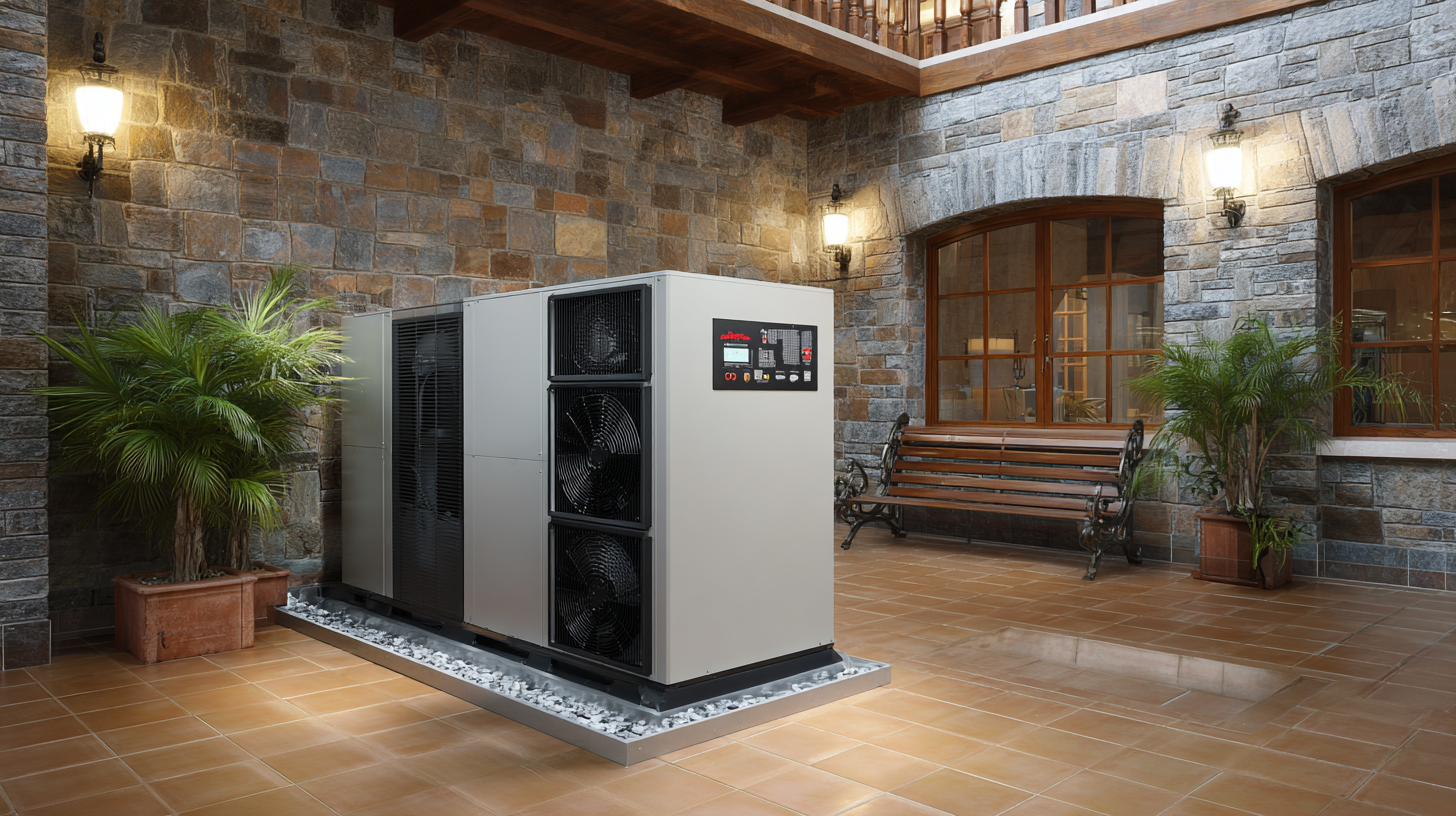
Recent advancements have also led to the integration of heat pumps with electric vehicle (EV) charging capabilities, creating compact systems that fulfill multiple roles. This innovative design allows homeowners to reduce costs while streamlining their setup. Furthermore, the pursuit of higher efficiency is evident in developments like novel elastic alloys, which achieve impressive temperature changes while maintaining significant energy efficiency. As we move toward a future focused on sustainability, heat pumps stand out as a pivotal technology in creating energy-efficient homes and smart cities.
Heat pumps have gained popularity as an energy-efficient solution for home heating and cooling. There are several types of heat pumps, each designed to meet different environmental conditions and homeowner needs. Air-source heat pumps are among the most common, extracting heat from the outside air during winter and releasing heat back into the home. They operate efficiently even in cooler temperatures, making them an appealing choice in moderate climates.
Ground-source or geothermal heat pumps represent another innovative option. These systems harness the stable temperature of the earth to provide heating and cooling. Although they require a higher initial investment for installation, the long-term energy savings and reduced environmental impact often make them a worthwhile investment for homeowners looking for sustainability. Additionally, ductless mini-split heat pumps offer flexibility for homes without existing ductwork, allowing precise temperature control in various rooms. With these diverse models, homeowners can select the most suitable heat pump that aligns with their energy efficiency goals and comfort requirements.
When selecting the right heat pump for your home, several critical factors must be considered to ensure optimal performance and efficiency. First and foremost, understanding the heating and cooling requirements of your space is essential. This involves evaluating the square footage, insulation quality, and prevailing climate conditions. A properly sized heat pump can significantly enhance energy efficiency, reducing utility bills while maintaining a comfortable indoor environment.
Another vital consideration is the type of heat pump that best suits your needs. Air-source heat pumps are popular for moderate climates due to their affordability and efficiency, while ground-source (or geothermal) heat pumps offer superior performance in extreme temperatures but come with higher installation costs. Homeowners should also review the heat pump's SEER (Seasonal Energy Efficiency Ratio) and HSPF (Heating Seasonal Performance Factor) ratings to gauge efficiency, as these ratings can vary widely among models. Additionally, researching the manufacturer's warranty and service options can ensure long-term reliability and peace of mind. Choosing the right heat pump involves a careful assessment of these factors to guarantee a smart investment for energy-efficient home heating and cooling.
| Type of Heat Pump | Heating Efficiency (COP) | Cooling Efficiency (EER) | Average Cost ($) | Best for |
|---|---|---|---|---|
| Air Source Heat Pump | 3.0 - 4.0 | 12 - 20 | 3,000 - 8,000 | Mild Climates |
| Ground Source Heat Pump | 4.0 - 5.0 | 15 - 25 | 10,000 - 30,000 | All Climates |
| Ductless Mini-Split Heat Pump | 3.5 - 4.5 | 13 - 30 | 3,500 - 10,000 | Room Additions or Conversions |
| Variable Refrigerant Flow (VRF) Heat Pump | 3.5 - 4.0 | 14 - 25 | 10,000 - 30,000 | Large Homes or Commercial Spaces |
Installing a heat pump involves several critical steps that ensure optimal performance and efficiency. The process begins with selecting the right type of heat pump for your home, considering factors such as climate, size, and your heating and cooling requirements. Once the appropriate model is chosen, the installation site must be carefully evaluated. This includes assessing the indoor and outdoor locations to ensure adequate airflow and access for maintenance.
The next step involves the actual installation. This includes mounting the outdoor unit, connecting refrigerant lines, and setting up the indoor unit. Proper insulation and sealing are crucial to prevent energy loss and enhance the system's efficiency. Finally, the installation concludes with thorough testing to guarantee proper operation. It's essential to ensure that the heat pump operates smoothly and efficiently, as this will significantly impact your home's energy consumption and comfort level.
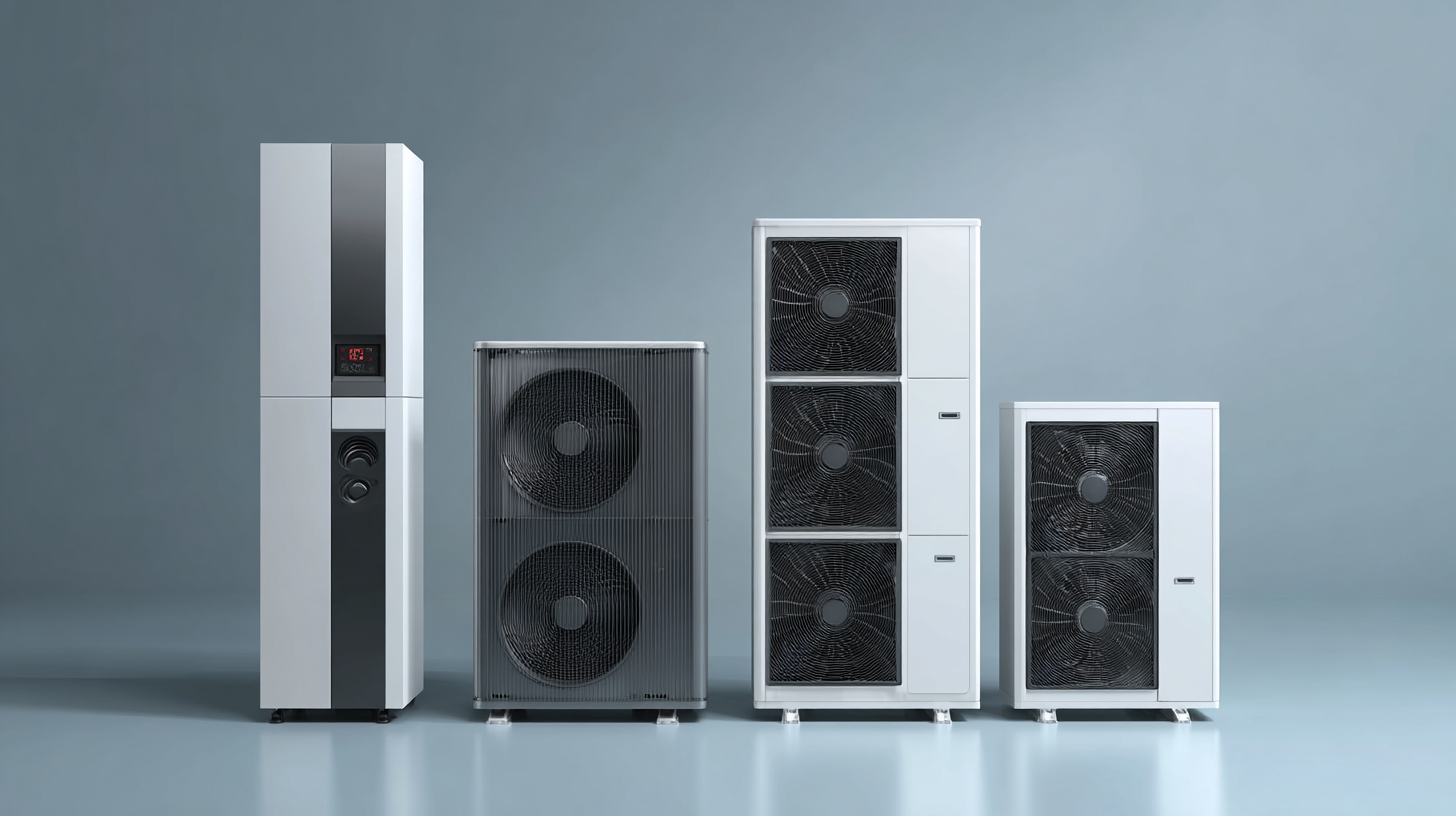
Maintaining your heat pump is essential for ensuring optimal performance and longevity, especially as energy efficiency becomes a top priority in today's heating and cooling landscape. Regular maintenance can significantly extend the lifespan of heat pump systems, which are projected to see substantial growth in the industrial market—estimated to increase by USD 754.8 million from 2025 to 2029. This surge is primarily driven by a focus on energy efficiency, indicating a shift towards more sustainable home heating solutions.
To maintain your heat pump effectively, regular inspections and cleanings are crucial. Homeowners should prioritize tasks such as checking and replacing air filters, ensuring that outdoor units are clear of debris, and scheduling professional tune-ups at least once a year. Additionally, keeping the system free from excessive moisture and monitoring refrigerant levels can prevent costly breakdowns and enhance performance. With advancements in heat pump technology, like those seen in recent innovations, homeowners can expect increased reliability and efficiency, reinforcing the value of proper maintenance practices in this evolving market.

